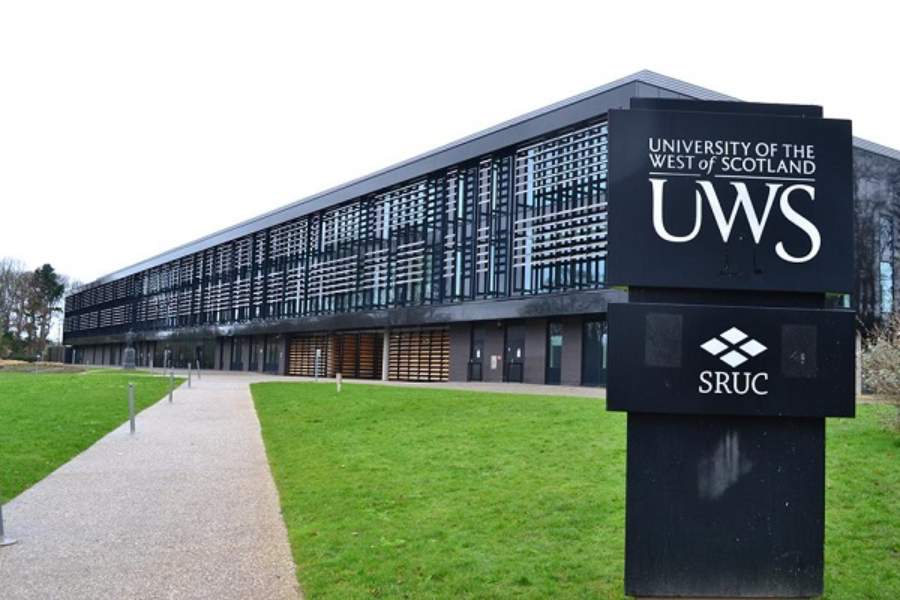International Students at UWS Raise Alarm Over Safety Concerns in Paisley, Scotland



PAISLEY, SCOTLAND – International students studying at the University of the West of Scotland (UWS) are expressing growing concerns about safety in the area surrounding the campus, as official statistics reveal repeated incidents of sexual offences, theft, and other crimes. Despite paying tuition fees as high as £15,500 per year, many students—particularly those from Nepal and India—say that both the university and local authorities have fallen short in protecting them.
Publicly available data from Crime-Statistics.co.uk for the PA1 2BE postcode, which includes areas around Paisley’s train stations and the UWS campus, show that one to three sexual offences are reported each month. These crimes, including assault and abuse, frequently occur during evening or late-night hours. Many students returning from the library, running errands, or travelling home after part-time jobs have said they often feel unsafe.
“We came here to pursue a better future and work towards professional registrations, like becoming a UK-registered nurse,” said one Nepalese nursing student who asked to remain anonymous. “But when we face the threat of sexual assault just going home in the evening, we question whether anyone is looking out for our safety.”
Alongside academic pressures, international students often deal with cultural differences, language barriers, and financial strain. Many say these difficulties are made worse by an ongoing fear for their personal safety. Some have also reported receiving little practical guidance or direct support from either the university or the local police regarding how to stay safe or where to turn in case of emergencies.
In addition to concerns about personal security, students have raised issues around value for money. With international tuition fees significantly higher than those paid by domestic students—sometimes exceeding £15,500 a year for programmes in nursing and IT—many feel that basic safety measures should be a given. While the university does offer general student support services, students argue these do not adequately address their specific vulnerabilities, especially in a new and unfamiliar environment.
“We are new to this environment,” said an Indian IT student. “We don’t always know which areas are unsafe or how to react if threatened. The university’s silence on this issue is disheartening.”
Students are calling for a number of urgent measures to be introduced. These include more visible security patrols in and around campus buildings during the evenings, improved street lighting and expanded CCTV coverage, and clearer information about what to do in case of emergencies. They are also urging the appointment of dedicated liaison officers from both the police and university who are trained to work specifically with international students.
Some critics argue that although the university may not be able to control crime rates in the surrounding town, it still holds a responsibility to proactively safeguard its student population. Others have questioned whether local law enforcement is taking reports from international students seriously enough.
At the time of writing, the University of the West of Scotland has not issued a public response to these concerns, and local police have not announced any new patrols or safety initiatives in the area.
While some community groups in Paisley have encouraged students to attend local safety meetings and speak directly with council representatives, there is still widespread scepticism among students about whether real change will follow.
As crime statistics continue to highlight the risks faced by students in the area, international students at UWS are urging the university and police to listen, act, and treat their safety as a top priority—not an afterthought.
सम्बन्धित सामग्रीहरू
हाम्रो सिफारिस

बेलायतको पृथक नेपाली संस्था जसको प्राथमिकता छ पुस्तान्तरण, च्यारिटी र वेलबिइङ (भिडियो)
- १
- २
- ३
- ४
- ५










